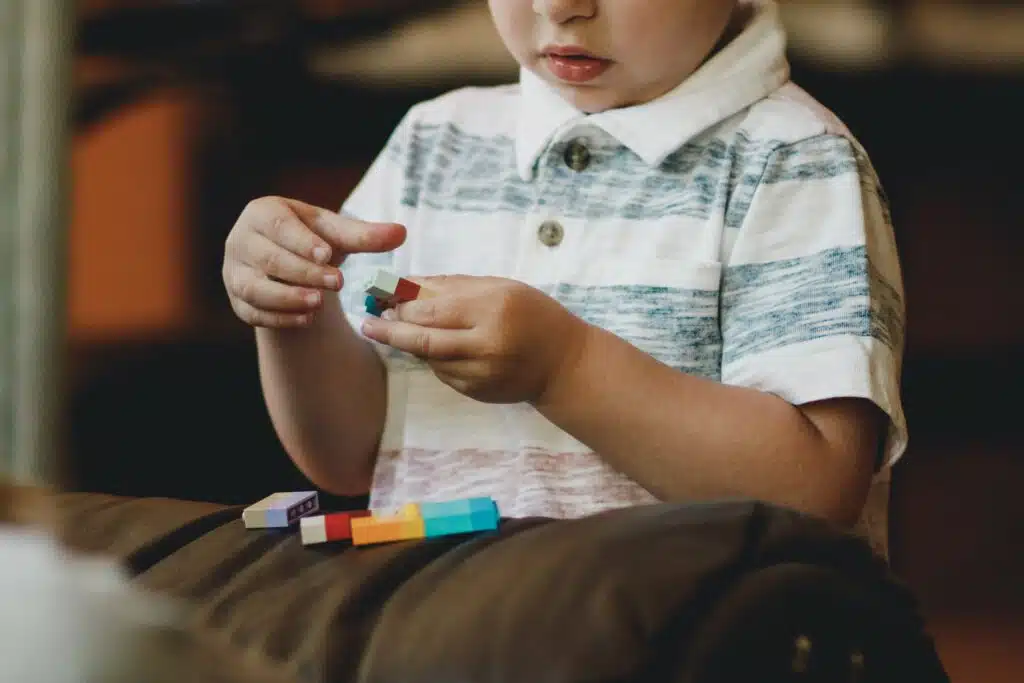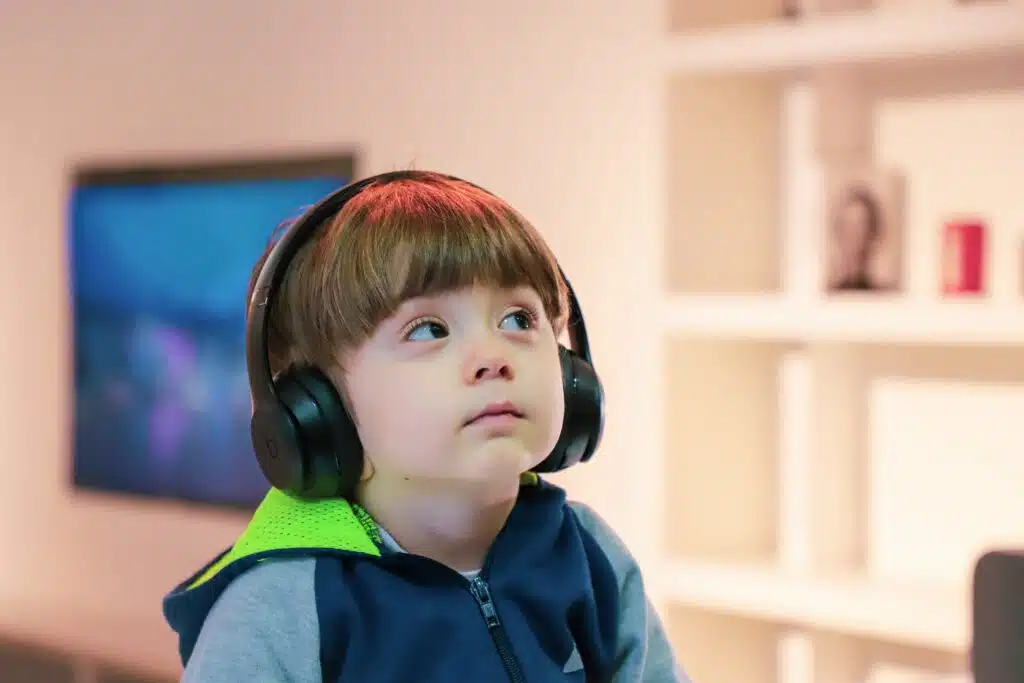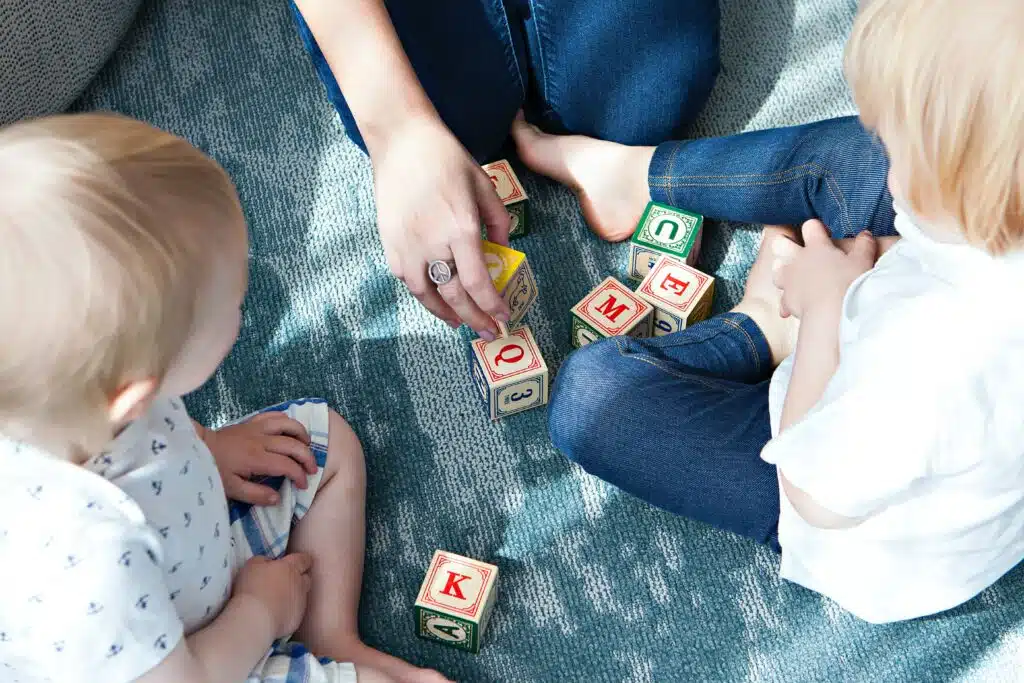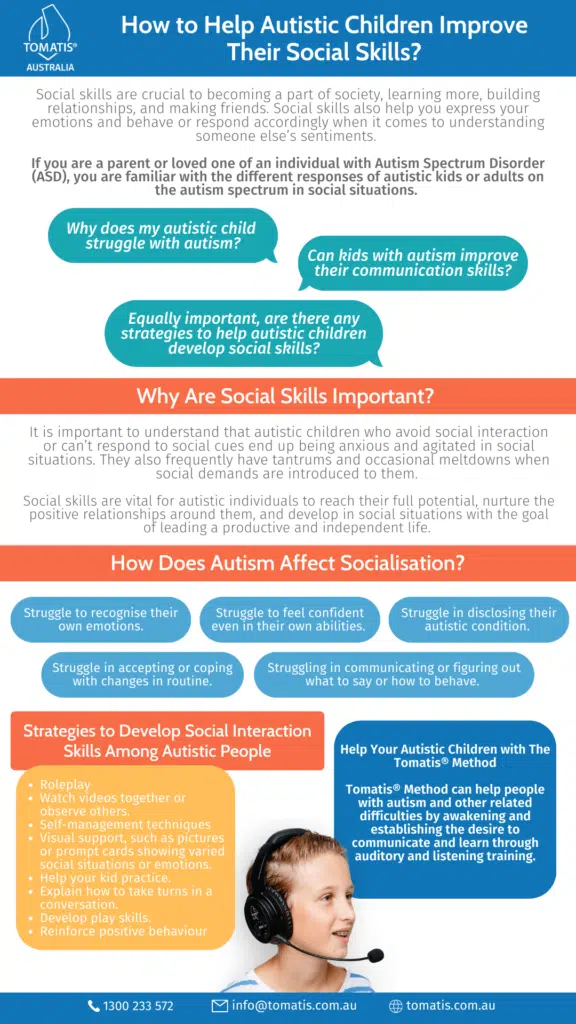Social skills are crucial to becoming a part of society, learning more, building relationships and making friends. Social skills also help you express your emotions and behave or respond accordingly when it comes to understanding someone else’s sentiments.
If you are a parent or loved one of an individual with Autism Spectrum Disorder (ASD), you are familiar with the different responses of autistic kids or adults on the autism spectrum in social situations.
But the major and common questions of most parents are:
Why does my autistic child struggle with autism?
Can kids with autism improve their communication skills?
Equally important, are there any strategies to help autistic children develop social skills?







